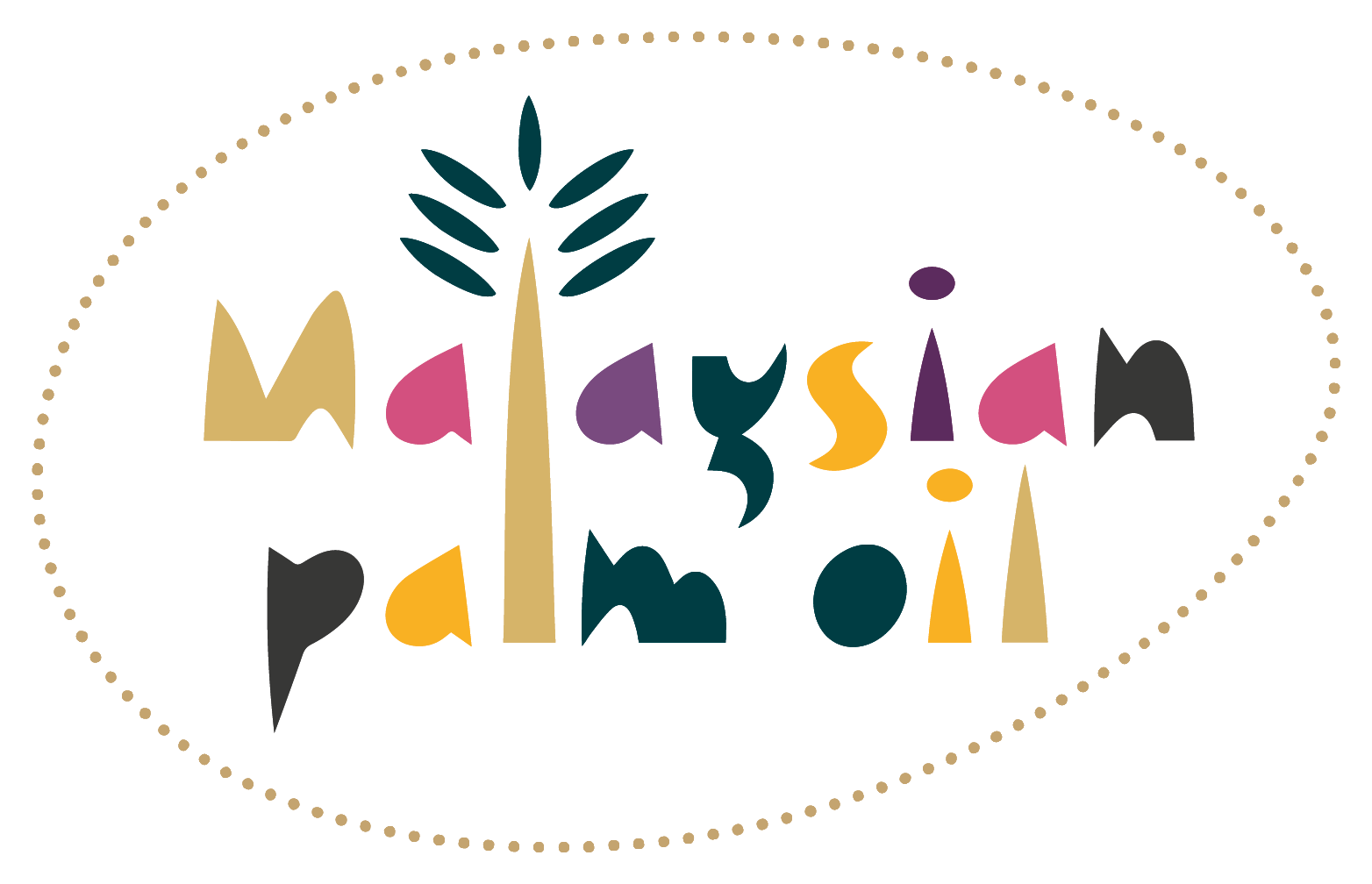At the beginning of January, Malaysiaâs Foreign Minister Zambry Abdul Kadir visited Jakarta to discuss âregional and global challengesâ in the coming months â and specifically the EU Deforestation Regulation.
Forming a United Front
Foreign Minister Zambryâs visit comes just weeks after Indonesian President Jokowi made clear the Deforestation Regulation is counter to a trustworthy, mutually beneficial relationship between ASEAN and the EU. His comments amounted to a call for EU leaders âto be just in their policies and refrain from imposing their ideals on developing countries.â
Speaking in Jakarta, Foreign Minister Zambry stated there was an opportunity for Malaysia and Indonesia to form a strong, united front and supported President Jokowiâs statements.
âThe EU deforestation policy is a step against good kinship. Jokowiâs speech has made it clear that […] the policy is of concern to ASEAN. That the EU cannot dictate. This is an opportunity for Indonesia and Malaysia to join forces and be united in our voices. We stand with Jokowi on this matter.â
Foreign Minister Zambryâs comments follow strong statements from Malaysian Deputy Prime Minister & Minister of Plantation and Commodities, YAB Datoâ Sri Haji Fadillah Bin Haji Yusof, made last month in opposition to the EU Regulation, calling it âa deliberate act by Europe to block market access, hurt small farmers and protect a domestic oilseeds market that is inefficient & cannot compete with the cost of palm oil.â
YAB Deputy Prime Minister warned EU leaders that “this regulation could lead to higher food prices & reduced output at a time of record global inflation“ adding that the Regulation is effectively a ban on palm oil based wholly on “unsound reasoning.â
Of particular concern for Malaysia and its palm oil industry is the EUâs proposed designation of Malaysia as a âhigh-riskâ country for deforestation. Such a designation fails to acknowledge progress the Malaysian government and palm oil industry have made in reducing deforestation levels effectively to zero. “It would be offensive to Malaysia if either palm oil, or the country, is designated high risk by the EU Regulation,â stated YAB Deputy Prime Minister, adding âThere is no justification” for the designation given Malaysia’s successful efforts to reduce deforestation.
Whatâs Next?
At the end of the ASEAN-EU Summit in December, Malaysia and the EU signed a Partnership and Cooperation Agreement (PCA). Part of the PCA involves âenhancing cooperation to protect, conserve and manage forest resources in a sustainable manner.â
But is a unilateral trade restriction on Malaysian products really âenhancing cooperationâ? Or is it just the EU attempting to impose rules on their trade partners?
Facing a united ASEAN front, the EU now must decide: Will it press forward with its unjust dictates, or will common sense prevail and the most harmful components of the Regulation be reconsidered to preserve the valuable relationship between the two blocs?
